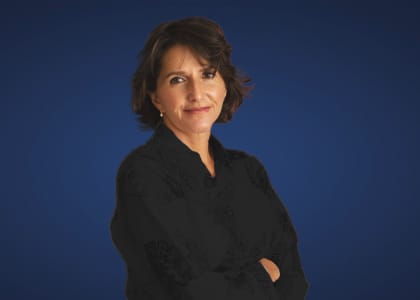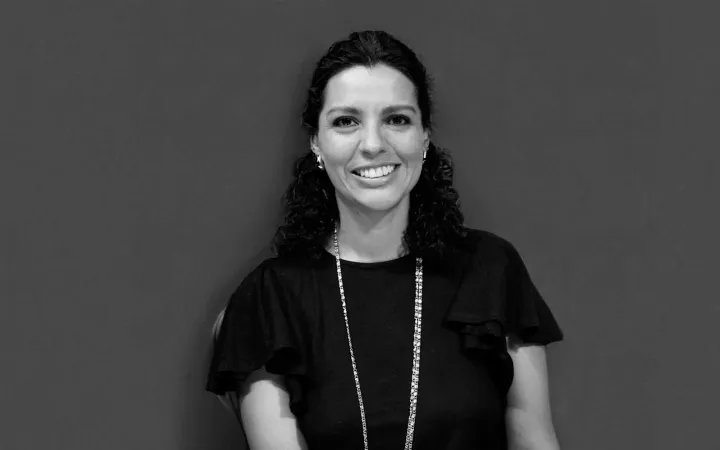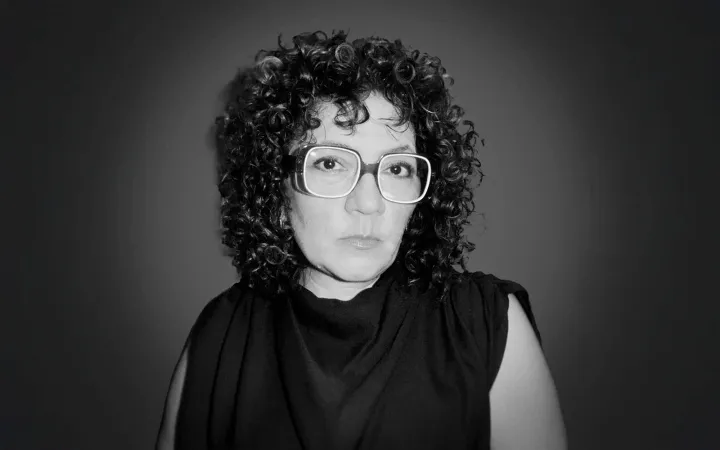
Por Edmée Pardo
Acabo de llegar al mar. Cambio mi ropa de frío por traje de baño y sandalias. Camino a la playa. Quiero llenarme los ojos de azul egeo, los oídos de susurros, la piel de sol y sal. Me detengo a observar. Vengo a este lugar desde hace 21 años y noto que el paisaje ha cambiado: donde antes había piedras ahora hay arena, donde antes terminaba la ola hoy es mar adentro, donde antes había dos sombrillas ahora es camino rocoso; el agua dulce de la alberca sabe a mar. El cambio climático es esto: un paisaje modificado en décadas que antes hubiera tomado cientos de años para transformarse. Me detengo a ver el horizonte: el ritmo del vaivén, las boyas que suben y bajan, la fuerza de la resaca. El oleaje se lee y quienes nos relacionamos con el mar aprendemos a descifrarlo en medio de sus brillos diamantados, sus columnas de sol y los espejismos que crea.
Hay olas que produce el viento y otras desarrolladas por el mar de fondo que son las que aman los surfistas; hay olas que quiebran a la izquierda, a la derecha o en dos picos, en relación a la espalda de quien se desliza en una tabla; hay olas con fondos de arena o con fondos de roca; se llama resaca o corriente de retorno a las olas que espumosas besan la tierra y regresan a su cuerpo de agua. La altura de la ola va de la base a la cresta, la longitud es el espacio que hay entre las crestas, la frecuencia es el número de crestas que suceden por minuto. Todavía no entiendo el concepto de vaguada, pero no se aprende a leer en un día y la lectura procura acercamientos sucesivos, nunca inmediatos.




